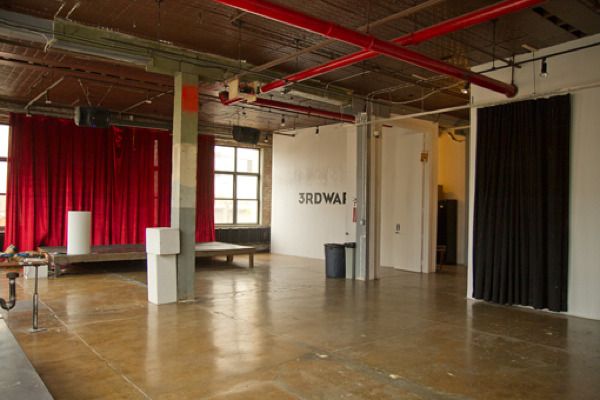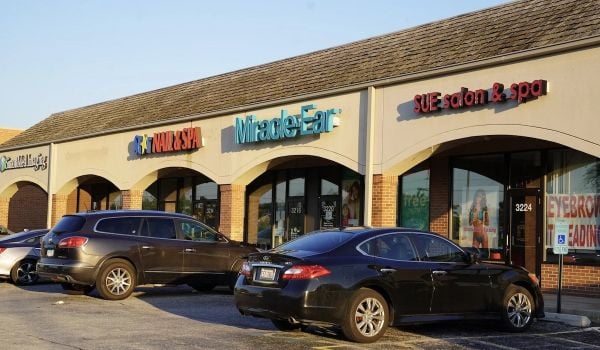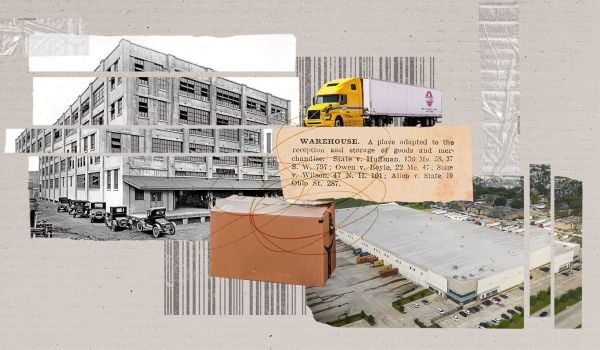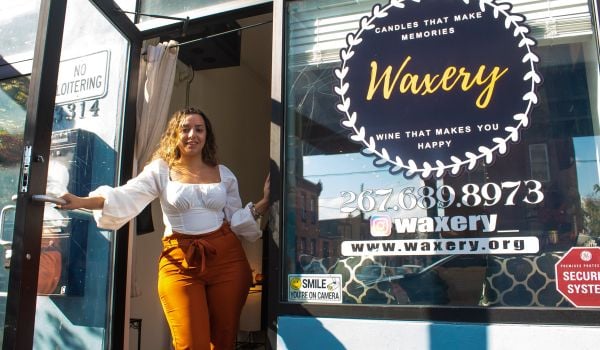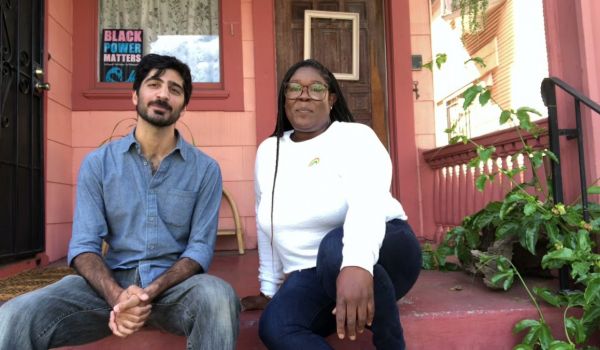Last week, Brooklyn and Philadelphia-based art space 3rd Ward suddenly closed shop while in the middle of an Internet campaign to attract investors. Such place-based “crowd investing” is rooted in the idea that locals, more than anyone else, know what businesses in their community are worthy of investment. So how did 3rd Ward manage to raise online pledges totaling $375,000 just before going belly up?
As news of 3rd Ward’s troubles emerged, “Offering Discontinued” was stamped on its campaign page on Fundrise, the platform founded last year by brothers Daniel and Benjamin Miller. (More background on Fundrise here.) I asked Daniel Miller if 3rd Ward’s woes challenge whether the Fundrise model works. He didn’t think so. The short explanation: It was clear to the brothers that the odds of 3rd Ward succeeding weren’t terrific, and they built that awareness into the offering.
Every Fundrise deal is different. Investing in Philly co-working space The Transfer Station or The Dumbell, a Portland mixed-use space, requires a $100 minimum pledge. With 3rd Ward, the floor to getting in on the deal was $5,000, raising the stakes but signaling to investors that this was a serious commitment.
What’s more, no money ever changed hands between investors and 3rd Ward — the transaction was constructed so that investors would only have to cough up if 3rd Ward met its funding target. The company had been struggling for some time, but those involved thought that the right financial supporters were lurking out there. “We pushed it out to see who would show up,” Miller said. “The idea was just to broadcast it out and see what was out there.” As something other than a pure real estate transaction, 3rd Ward was unlike any offering Fundrise had done in the past. But, Miller said, “we wanted to give it a shot because it’s such an amazing part of the community.”
A million and a half dollars was set as the minimum investment target, Miller said, “because we knew that’s what they needed to stabilize.” Some of that insight came because the brothers knew 3rd Ward CEO Jason Goodman. They’d met him through a friend of a friend, a fellow developer, and had in fact invested in 3rd Ward in the past. Indeed, of the 27 pledged investors on the art space’s fundraising campaign, several work at Fundrise itself (including both brothers Miller). More than that, they knew Brooklyn — the Millers’ development company is expanding its focus to the borough. When we spoke, Daniel Miller was spending the day working in Brooklyn Heights.
Place-based crowd-funding’s pitch is, who knows what your community needs more than you do? The intelligence we gather by simply living in a place is said to be one instance where the small investor actually has an advantage over the big. “Use the inherent market knowledge you have as a resident of your city to make smarter investments,” reads the Fundrise site. It’s something of a cousin to the appeal of crowd-funding more generally: That in these information-drenched times, the restrictions that government once put on raising money aren’t as necessary anymore. Not everyone buys it. AARP has warned that crowd-funding sites “could become the new turbo-charged pump-and-dump boiler room operations of the Internet age.”
But to Miller, 3rd Ward and other projects push Fundrise toward figuring out how to structure the perfect deal. To him, the ideal Fundrise project — a new brewery, a new kid-friendly coffee shop — profitably taps local knowledge while making sure the risks are borne mostly by those who can take it. Miller points out that community-raised funds work best when they’re only part of the mix. Thus, it’s not up to locals to investigate whether a brewery or coffee shop’s financials make it a good investment. Someone else with more experience has figured that out. What community members do is vet whether it’s the sort of business they want or need. “There are still big investors,” Miller said of the real estate market in which he works. “But they see small dollars as validation.”
All of which, 3rd Ward’s collapse included, suggests that place-based crowd-funding of the sort pioneered by Fundrise can only scale up so far. Fundrise isn’t the intensely personal decision-making of the national investor, but neither is it the platform-neutral approach of, say, a Kickstarter or Indiegogo. Whether crowd investing can work is a question that will only get more intense as federal regulators unveil rules for the JOBS Act’s Title III, opening the door to an even wider range of even lower-dollar investors.
“You’re not going to keep investing with a bad developer,” Daniel Miller said. But that knowledge comes from hard-won experience. In the case of 3rd Ward, Miller said that the problem was that “they just expanded too quickly,” amplified by a handful of business mistakes. In the end, stopping its online investment campaign from getting out of hand wasn’t left to the Internet or the bounty of information it provides the masses. It was the product of a couple of experienced real estate guys’ guts.

Nancy Scola is a Washington, DC-based journalist whose work tends to focus on the intersections of technology, politics, and public policy. Shortly after returning from Havana she started as a tech reporter at POLITICO.

